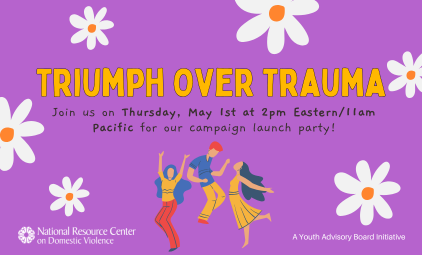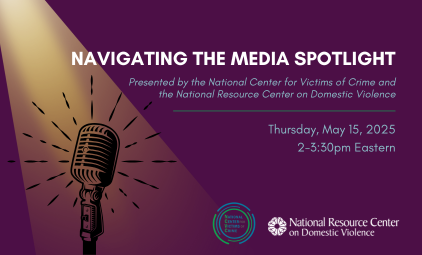Being able to live a life free from violence, including sexual violence, is a fundamental human right. Despite this, sexual violence is wide-ranging and pervasive throughout the world, including in the Americas. It is rooted in discrimination, sex and gender inequality, and patriarchal norms, and is sometimes perpetuated by the law itself, particularly against adolescent girls.
The Americas - which includes North America, Central America, South America, and the Caribbean - is extremely diverse in terms of culture, race, ethnicity, language, and economic development. However, what is common across the region is the high prevalence of sexual violence combined with lack of effective access to justice for survivors. Gaps in laws related to sexual violence, ineffective enforcement of laws, persistence of social stereotypes of women and men, and the societal tolerance of violence against women and girls, including among the judicial and law enforcement sectors, have all contributed to perpetrators of sexual violence often going unpunished.The problem has been further exacerbated during the COVID-19 pandemic as emergency measures and lockdowns have not only limited access to justice and services but have also resulted in an increase in gender-based violence.
The rape and sexual violence laws of the 43 jurisdictions from 35 countries reviewed for this report deny access to justice for many survivors of sexual violence as they provide a number of opportunities for perpetrators to escape justice. This impunity contributes to the continued perpetuation of sexual violence.














